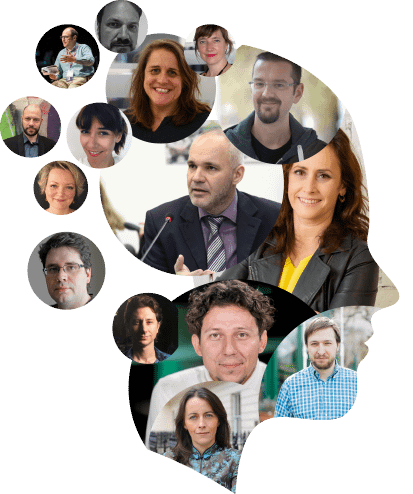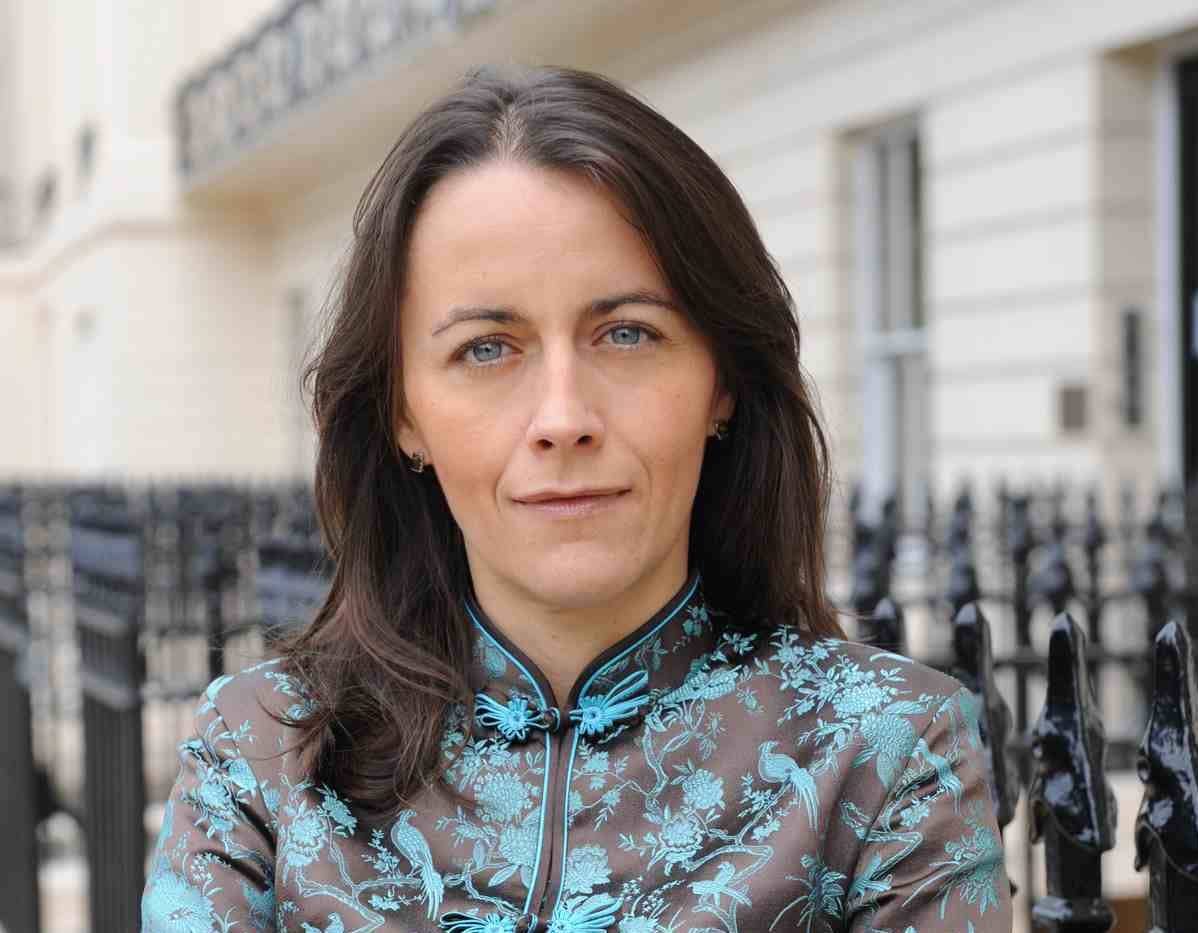The Global Disinformation Index is a not-for-profit organisation founded in 2018. Registered in the United Kingdom, they have a virtual team of 15 experts based around the world. “We focus on the advertising networks that place ads on websites regardless of whether the advertiser knows or wants their ads to end up there,” Clare explains. GDI’s core contribution is to provide the advertising industry with disinformation risk ratings to assess whether or not ads should be placed on certain sites, but they support other stakeholders as well, including through their media market risk rating reports.
GDI view its efforts as aligned with “Brand Safety” efforts, except that the organisation is focused on an area that was previously ignored:disinformation, and brought with them a degree of insights and intelligence that was previously lacking. “Brand safety usually involves keyword blocking, static lists… Until GDI came along, there has never been a box for highly disinformation, toxic, adversarial narratives,” says Clare. GDI makes use of a comprehensive framework, both human and AI powered (humans can’t assess the whole internet at “colossal speed and scale”, while AI isn’t nuanced enough to differentiate high production, high traffic media outlets that publish disinformation). This combined, innovative approach provides a disinformation risk score for websites which advertisers can use in real time.
“Disinformation should go from a niche to being mainstreamed, because it undermines our ability to deal with any societal global issue.”
GDI has already seen impact, for example, in Google’s decision to defund all Coronavirus conspiracies. But the change isn’t happening fast enough, and it isn’t systemic. “They’ve [Google] known about anti-vax conspiracies for years, but the virus was 7 or 8 months old before they made that decision. What about all the other anti-science conspiracy theories out there affecting our ability to think critically? Flat earth conspiracies, climate change denial…” Clare reflects.
A young organisation, GDI needs to ensure their own sustainability, primarily by building out new commercial products and services to fund its not-for-profit work. Looking forward, they hope to solidify “a coalition of the willing” against lucrative disinformation, aligning with the corporate responsibility agenda. They also want to join forces with other sectors to expose other distortions that provide a lifeline to disinformation. “Payment systems, merchandising, e-commerce… there’s a whole ecosystem and that is not well enough known” Clare concludes.





